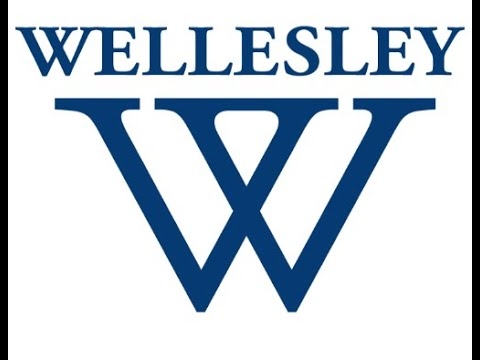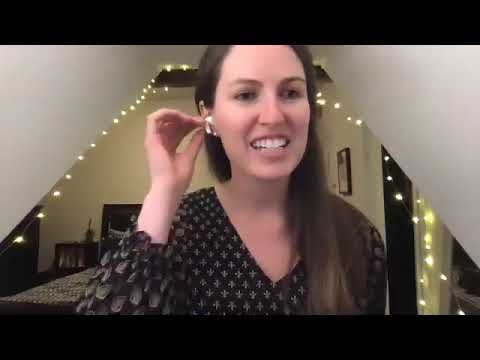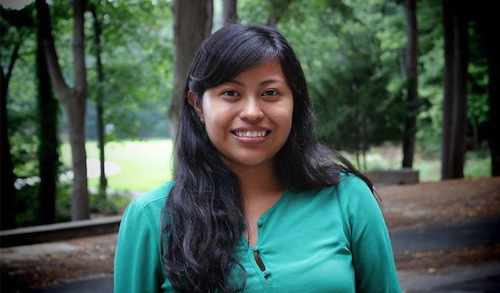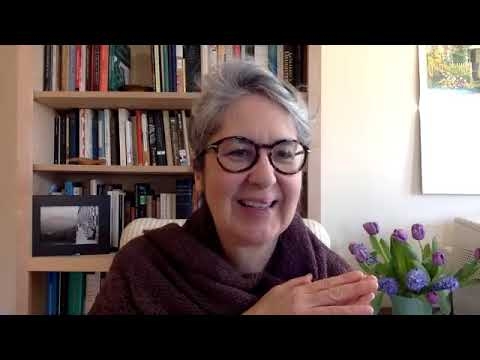Science Research
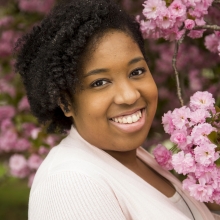
Participating in research experiences as an undergraduate is an excellent way to add depth to your science understanding and actively engage with what you are learning in the classroom. By doing so, you further develop your laboratory, analytical, and problem-solving skills, and you start to build your network with faculty members. Research experiences are valuable components to your resume, and they can make you more competitive for both graduate school and industry opportunities.
Physical Sciences

The physical sciences, as a branch of natural science, focuses primarily on the study of non-living systems. However, just as these areas of study are broad, the physical sciences intersect with a wide range of career opportunities, which can be found in the private sector, in education and academia, and in all levels of government.
Computer Science and Technology

If you are interested in using your technical knowledge, creativity, problem-solving, and critical thinking skills in your career of choice, exploring opportunities in technology, and software engineering-related industries and sectors may be of interest to you. These industry areas are growing and innovating rapidly – opportunities that are unheard of today may be top options in a few years. Broadly speaking, employment in computer and information technology occupations is projected to grow 15 percent from 2021 to 2031.
Computer science at Wellesley encompasses the broad application and theory of ideas relating to hardware and software. As an outcome, those studying computer science should leave with a broad understanding of how computing and technology applications work so that they can build computer applications of the future. Since technology is present in any and all industries and disciplines, the application of technical knowledge can be found in numerous career opportunities.
Learn About Careers in Life Sciences
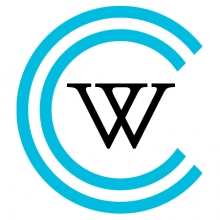
A career in the life sciences can include a broad range of companies, organizations, and foundations concerned with the study of living organisms, including biological sciences, botany, zoology, microbiology, physiology, biochemistry, and a number of related subjects. Employers may include biotechnology & pharmaceutical companies, academic institutions, healthcare organizations, foundations, and federal agencies. Most of the information on this page concerns non-patient facing options but there are opportunities to create career paths that merge patient and non-patient settings.
Chemistry

Chemistry is the knowledge of the properties and behavior of atoms and molecules, and it is crucial to our understanding of medicine, biological systems, neuroscience, nanotechnology, environmental science and a myriad of other areas. Therefore, there are a wide range of career options for chemistry majors and minors!
Mathematics

Mathematics is essentially the study of patterns, and the understanding and application of these patterns is essential for the foundation of all other sciences. While mathematics is often studied in its own right, it is also applied to all manner of real world problems found in business, government, laboratories, medicine, engineering, and more.
Churchill Scholarships (seniors & graduates)

Supports one year of graduate study (including one-year research degrees) in science, mathematics, or engineering at Cambridge. Eligible: graduating seniors and recent graduates of Wellesley College who are US citizens with majors in appropriate STEM fields. Campus application deadline typically in early October.
Astronomy

What is astronomy? In the most basic definition, astronomy is the study of the sun, moon, stars, planets, comets, gas, galaxies, gas, dust and other non-Earthly bodies and phenomena. As you think about careers in astronomy or astrophysics, the profession is a relatively small community compared to other science career fields.
Geosciences

Geoscience is the study of earth and all of its systems, and geoscientists investigate these interactions using transdisciplinary approaches to address questions related to how the Earth formed, how it evolved over geologic time, and how its continued evolution affects the environment in which we live. With geoscience being such a broad major of the study of the earth, there are many areas in which one could specialize and use to pursue career opportunities.
Engineering

Engineering applies knowledge from science and math to real-world challenges in an effort of improve the world we live in. It is a broad discipline that encompassess teamwork, problem solving, design thinking, communication, organization, and project management.
National Institutes of Standards & Technology Summer Undergraduate Research Fellowship (NIST SURF) (students)

The National Institute of Standards and Technology (NIST) offers Summer Undergraduate Research Fellowships (SURF) at NIST laboratories in Gaithersburg, MD; Boulder, CO; and Waimanalo, Hawaii. The Summer Undergraduate Research Fellowship is designed to inspire undergraduate students to pursue careers in STEM (science, technology, engineering, and mathematics) through a unique research experience that supports the NIST mission. Eligible are currently enrolled undergraduates who are US citizens or permanent residents, majoring in chemistry, computer science, physics, engineering, materials science, fire research, nanotechnology, information technology, mathematics, biology, manufacturing, statistics, or another STEM discipline.
Barry M. Goldwater Scholarship (sophomores and juniors)

Supports one or two years of undergraduate study in the fields of mathematics, engineering, and natural sciences. Eligible are college sophomores or juniors who are US citizens, permanent residents, and nationals intending to pursue research careers in STEM fields. Campus application deadline typically in late November/early December.
“I was motivated to fight for environmental justice in my community after hearing about the respiratory illnesses that many children were diagnosed with as a result of the environmental contamination we live with.”
Schwarzman Scholars Program (rising seniors & graduates)

Supports leadership development & a special one-year Master’s program at Tsinghua University in Beijing, taught in English. Eligible are graduating seniors, current graduate and professional students, and recent graduates from any country and any major (knowledge of Mandarin is an asset but is not required). Official deadlines typically in May and September.
Luce Scholars Program (seniors & graduates)

Supports one-year professional placements (along with language training) in Asia for those who have not had extensive experience in Asia. Eligible are US citizens or permanent residents who are graduating seniors, recent graduates, and professionals under the age of 32 - or if older, no more than three years out from receiving bachelor’s degree [Davis Scholars, we're looking at you]. Direct application deadline typically in October.
Thomas J. Watson Fellowship (rising seniors)

The Thomas J. Watson Fellowship offers graduating seniors a one-year grant for independent study and purposeful travel and exploration outside of the United States, to enhance their capacity for resourcefulness, imagination, openness, and leadership and to foster their humane and effective participation in the world community. Campus deadline typically in August.
Mary Elvira Stevens Traveling Fellowship (graduates)

Established by the will of Alice Alvira Stevens, Class of 1891, the Mary Elvira Stevens Traveling Fellowship is available to a Wellesley graduate who is at least 25 years of age in the year of application and supports up to a full year of purposeful travel outside the United States. We invite proposals that will inspire reflection and growth and lead to more fulfilling and productive personal and professional lives. Campus application deadline typically in the spring.



